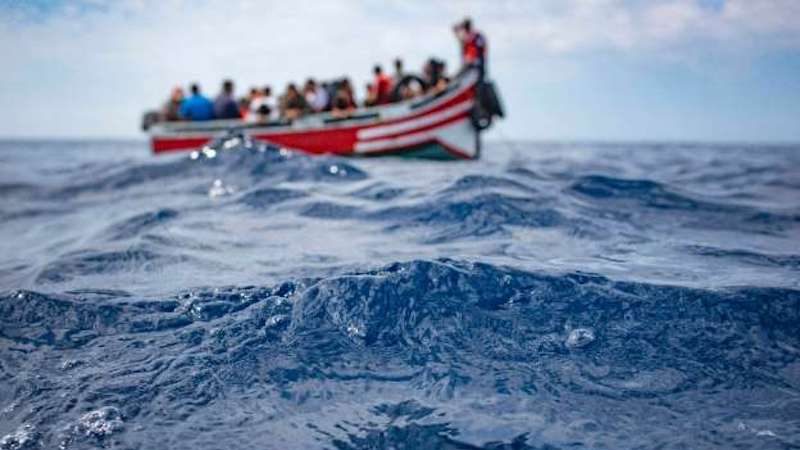The inclusion and exclusion of immigrants in Malta takes place at its borders, but is also negotiated on a daily basis within society by all the stakeholders involved, according to a recent study by the International Migration, Integration and Social Cohesion (IMISCOE) network.
The report said that both refugees and some government entities see Malta as a “bus stop”, a place of transition for migrants travelling to Italy and eventually to Europe. However, this concept falls short, as “other refugees try to establish a more or less normal life, despite the many hurdles they face”.
The study, titled Denying, While Demanding Integration: An Analysis of the Integration Paradox in Malta and Refugees’ Coping Strategies, was written by two anthropologists, Sarah Nimfüh and Laura Otto, together with Gabriel Samateh, a Gambian refugee who has lived in Malta since his arrival on a boat in 2014.
Almost 20,000 immigrants arrived in Malta between 2002 and 2016, with the government only introducing an integration policy in late 2017.
The study quoted Maltese anthropologist Mark-Anthony Falzon, who argued that the concept of Malta being a “bus stop” or a transit zone for migrants was grounded in how the Maltese government and society deal with refugees. The Maltese government “creates a transit zone to react to the threat that refugees supposedly represent,” the report said.
This state of transit is especially apparent in the practice of detaining refugees after their arrival. Access to detention centres is highly restricted for NGOs and is inaccessible to the public, creating a situation where immigrants are initially ‘invisibilised’.
“When they become visible to the public while detained,” the authors said, “then this visibility often goes hand in hand with practices that further criminalise them.”
The report pointed out that the status assigned to people “greatly influences their agency and the (dis)integration they experienced”. When integrated into the EU’s and the Maltese asylum bureaucracy, the migrants were also “officially disintegrated from support services and rights”.
Most of the refugees the authors spoke to “were united in their wish to leave Malta”, with some describing living without documents as being like “walking in a roundabout all the time”. Some managed to escape this state of limbo by taking part in the EU’s relocation programme, or by leaving Malta themselves.
The dynamics of disintegration in Malta went beyond legal frameworks. It was also created by “non-organised” behaviour involving non-governmental stakeholders.
Refugees who wanted to build a life in Malta joined associations that had been set up by migrants, where they found a social network and built connections that enabled them to support each other emotionally, financially and socially.
However, even this had its limitations, as many felt they could not criticise or position themselves against official or individual mechanisms of exclusion, the report said.
The study concluded that legal frameworks have a high impact on integration or its lack, but being granted temporary refugee protection “does not automatically mean that people feel integrated”.
The report also examined the “tension” that arises from Malta’s EU obligation for immigrant reception procedures with regards to saving migrants at sea versus questions of border control, and demands for integration “whilst simultaneously denying them access to mechanisms leading to integration”.
Migrants were being integrated into a bureaucratic system in Malta, but social integration was not promoted. Security and asylum policies were “aimed at making manifest the Maltese government’s desire to prohibit permanent integration,” it added.
While there was a law that on integration policies, the report called for further research to establish whether these policies were being fully implemented. “An NGO employee explained that the Integration Policy merely states that refugees are obliged to integrate themselves; the local authorities charged with the task of integration, however, were not given instructions and are still unaware of how to actually implement this policy”.
Integration practices should be seen as a combination of legal provisions, social relationships, individual and collective experiences and actions, the report said. “These can relate directly to each other, but do not have to follow a common logic. Therefore, (dis)integration is contextual and contingent, and should not be understood as a timeless or consistent phenomenon”.












